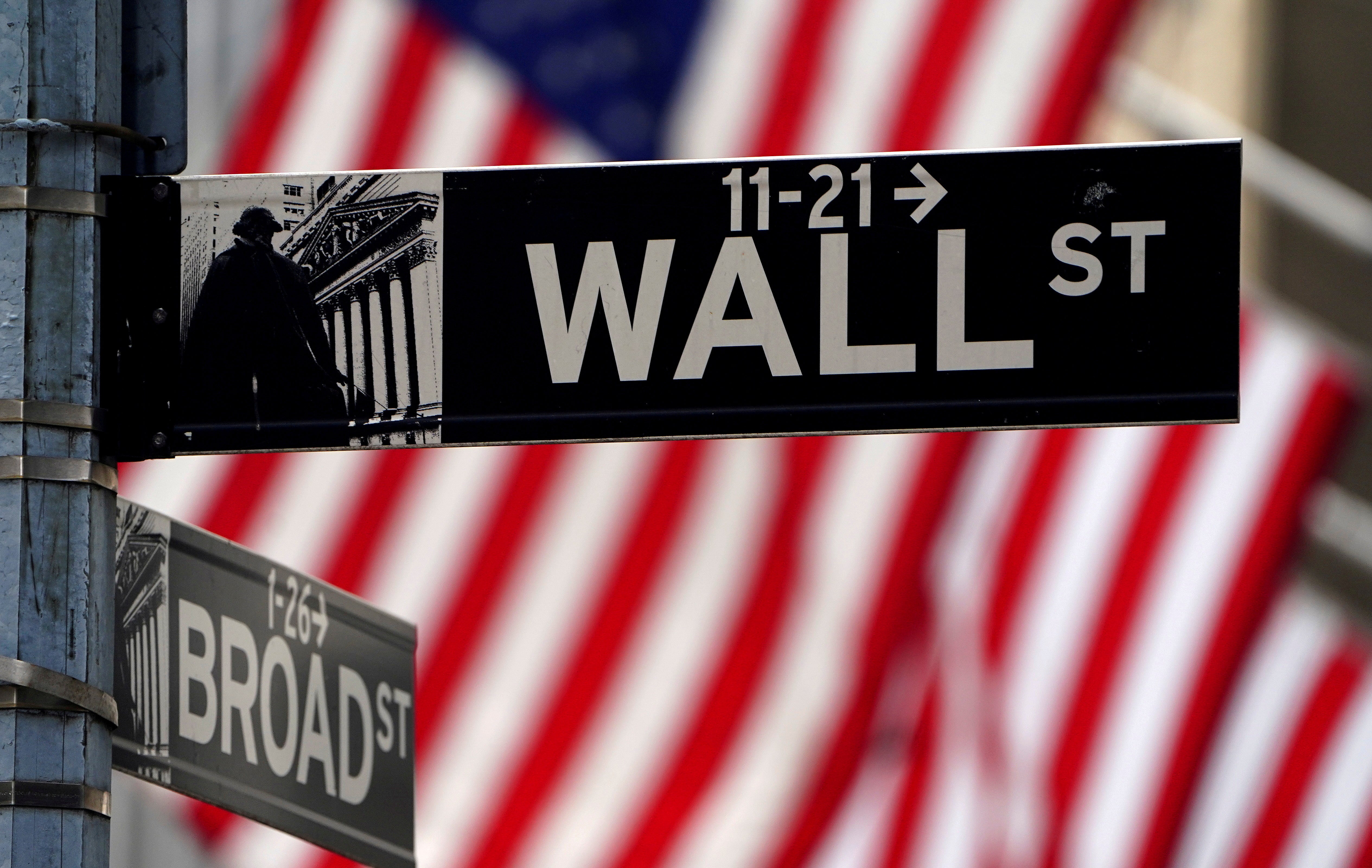Beijing criticises US blacklisting of Chinese companies
China vows to ‘take all necessary measures’ to protect its companies

The United States added 34 entities to its economic blacklist on Friday, including 14 from China, the US Department of Commerce has said.
Sources earlier told Reuters the additions were targeted over alleged human rights abuses and high-tech surveillance in Xinjiang.
Earlier, Beijing had criticised Washington’s decision to further prohibit American investment into Chinese companies, vowing to protect its enterprises.
President Joe Biden last month expanded the blacklist of companies that US investors are barred from buying into, adding more firms the administration believes to have connections to the country’s military.
The S&P Dow Jones Indices and FTSE Russell have since removed the companies from their indexes in response to the executive order.
China’s foreign ministry spokesperson, Wang Wenbin, accused Washington of “abusing national power and generalising the concept of national security to suppress Chinese enterprises for no reason”.
Beijing will “take all necessary measures” to protect its companies and “defeat US attempts to interfere in China’s internal affairs”, Mr Wang said, but did not expand on what this would entail.
Mr Biden’s executive order, signed on 3 June, expanded upon restrictions launched by former president, Donald Trump, which aimed to stop American investors funding companies believed to be financing Chinese military expansion.
The order added 15 companies to the blacklist, which now amounts to 59 firms, including aerospace and oil companies. Many of the newly added companies are subsidiaries and affiliates of Chinese state-owned companies and businesses previously added to the blacklist by Mr Biden’s predecessor.
The 3 June order offers investors a 60-day grace period until 2 August before sanctions are enforced. Americans with existing investments in the listed firms have been given one year to divest.
The financial restrictions follow US sanctions on two Chinese officials in connection with human rights violations in the Xinjiang region. In March, the US Treasury Department blocked the US-linked assets of Wang Junzheng, secretary of the Party Committee of the Xinjiang Production and Construction Corps (XPCC), and Chen Mingguo, director of the Xinjiang Public Security Bureau (XPSB).
The US Secretary of State, Antony Blinken, accused China of continuing “to commit genocide and crimes against humanity in Xinjiang”. Beijing, which has repeatedly denied the charges, retaliated with its own sanctions against US officials.
Additional reporting by the Associated Press
Join our commenting forum
Join thought-provoking conversations, follow other Independent readers and see their replies
Comments
Bookmark popover
Removed from bookmarks